The Importance of Protein Powder: Why it's Essential for Athletes
Protein powder is a popular supplement among athletes and sports enthusiasts, and for good reason. This versatile and convenient product can provide a range of benefits that can help improve performance and support muscle growth and recovery. Protein is an essential macronutrient that plays a crucial role in muscle building and recovery, making it an important nutrient for athletes. When athletes engage in high-intensity exercise, their muscles undergo micro-tears, which require protein to repair and rebuild.
In my experience as a personal trainer and triathlete, I have come to appreciate the importance of targeting the correct amount of protein intake for both myself and my clients. As someone who focuses on both endurance and strength training, I have found that my performance significantly improves when I consume an optimal amount of protein each day. On days where I fail to meet my protein requirements, I feel a noticeable decrease in my energy levels and overall performance. Therefore, I make sure to prioritize protein intake in my daily nutrition plan to ensure that I can perform at my best. Protein powder can be a convenient and effective way to ensure that athletes are getting enough protein to support their athletic endeavors.
There are various types of protein powders available, including whey, casein, soy, and plant-based options such as pea and rice protein. Whey protein, in particular, is a complete protein source that contains all essential amino acids necessary for muscle building and recovery. It also has a high bioavailability, meaning it is easily and efficiently absorbed by the body.

Types Of Protein Powder
There are several different types of protein powders available on the market and I have tried them all. Each type comes with its unique set of characteristics and benefits. The most common types of protein powders are:
Whey Protein
Whey protein is a fast-digesting protein that is derived from milk. It is considered a complete protein, meaning that it contains all nine essential amino acids that our body cannot produce on its own. Whey protein is popular among athletes and fitness enthusiasts because it is easily digestible and has been shown to help with muscle recovery and growth. Whey protein isolate normally ranges between 25g-27g per 30g serving and Whey protein concentrate ranges between 18g-22g per 30g serving.
Casein Protein
Casein protein is also derived from milk and is another complete protein. However, it is a slow-digesting protein, meaning that it is absorbed by the body over a more extended period. Casein protein is often recommended for athletes who are looking to prevent muscle breakdown and support muscle growth during periods of fasting, such as overnight. Casein protein will normally range between 24g-26g per 30 g serving.
Soy Protein
Soy protein is a plant-based protein that is derived from soybeans. It is a complete protein and is often used as an alternative to whey protein for individuals who are lactose intolerant or follow a vegan or vegetarian diet. Soy protein has been shown to have similar benefits to whey protein, including muscle recovery and growth. Soy protein Isolate will range between 22g-24g per 30g serving depending on the brand.
Pea Protein
Pea protein is another plant-based protein that is derived from yellow peas. Like soy protein, it is considered a complete protein and is a popular option for individuals who follow a vegan or vegetarian diet. Pea protein is also hypoallergenic, making it an excellent option for individuals with food allergies or sensitivities. Pea protein Isolate will range between 20g-25g per 30g serving.
Hemp Protein
Hemp protein is derived from hemp seeds and is another plant-based protein. It is considered a complete protein and is rich in essential fatty acids and other nutrients, including iron and zinc. Hemp protein has been shown to have anti-inflammatory properties and may also help improve heart health. Hemp protein will normally range between 12g-15g per 30g serving.
Brown Rice Protein
Brown rice protein is a type of plant-based protein powder that is made by extracting protein from brown rice grains. It contains all the essential amino acids needed for muscle growth and repair, but it may not have as high of a protein content compared to other types of protein powders like whey protein. However, it is often rich in other nutrients like fiber, antioxidants, and minerals such as iron and magnesium. Brown rice protein is also hypoallergenic and easy to digest, making it a good option for those with food allergies or digestive issues. Brown rice protein will range between 20g-24g per 30g serving.
Benefits Of Protein Powder
As a triathlete and personal trainer, protein powder can provide numerous benefits to support my training and recovery needs. Protein powder is an easy and convenient way to meet my daily protein requirements, which is essential for building and repairing muscles, as well as maintaining overall health. Here is a detailed look at the benefits of protein powder for sports and exercise:
Increased muscle mass
Protein is an essential nutrient that plays a key role in the synthesis and repair of muscle tissue. By providing a concentrated source of protein, protein powders can help athletes and sports enthusiasts build lean muscle mass and improve their overall body composition.
Enhanced recovery
Protein powders can help speed up the recovery process after intense workouts or competition. The protein in these supplements can help repair damaged muscle tissue and reduce muscle soreness, allowing athletes to bounce back faster and be ready for their next training session or event.
Improved performance
In addition to helping with muscle growth and recovery, protein powders can also improve athletic performance in a number of ways. For example, protein can help regulate blood sugar levels and provide sustained energy, which can help athletes maintain a high level of performance during long training sessions or competitions. Protein powders can also help improve hydration and electrolyte balance, which are important factors in athletic performance.
Convenience and versatility
One of the biggest advantages of protein powders is their convenience and versatility. These supplements can be easily mixed into water, milk, or other beverages, making them a quick and easy way to get a high-quality source of protein on the go. Protein powders can also be used in a variety of recipes, such as smoothies, pancakes, and protein bars, providing a convenient and tasty way to incorporate protein into your diet.
Cost-effectiveness
Protein powders are generally more cost-effective than other sources of protein, such as meat and dairy products. This makes them a budget-friendly option for athletes and sports enthusiasts looking to get more protein in their diet.
What is Protein Synthesis
Protein synthesisis the process by which cells build new proteins or repair damaged proteins. It occurs in two main stages: transcription and translation.
Transcription is the first step, during which DNA in the nucleus of the cell is transcribed into messenger RNA (mRNA) by RNA polymerase. This mRNA molecule is a copy of a gene and contains the instructions for building a specific protein.
The mRNA then moves out of the nucleus and into the cytoplasm of the cell, where it is translated into a protein. This process is known as translation, and it occurs on ribosomes.
During translation, transfer RNA (tRNA) molecules bring amino acids to the ribosome in a specific order dictated by the mRNA sequence. These amino acids are then linked together to form a protein chain.
Once the protein chain is complete, it undergoes a process called folding, where it twists and bends into its final three-dimensional structure. The final protein structure determines its function.
Protein synthesis is an energy-intensive process that requires the cell to expend ATP (adenosine triphosphate) molecules. The rate of protein synthesis can be influenced by various factors, such as nutrient availability, exercise, and hormones such as insulin and testosterone.
The optimal time frame after exercise during which the body is most receptive to protein for muscle recovery and growth. Is commonly referred to as the "anabolic window" or "metabolic window". The duration of this window is generally believed to last for approximately 30 minutes to 2 hours post-exercise, although there is some debate on the exact length of time.
During this window, consuming protein can help stimulate protein synthesis and prevent muscle breakdown, leading to improved muscle recovery and growth. It is important to note, however, that the timing of protein consumption is just one factor in overall muscle recovery and growth, and that total protein intake throughout the day is also important.
How Much Protein Should I Take?
The amount of protein an individual should consume daily varies depending on factors such as body weight, activity level, and goals. The recommended daily allowance (RDA) for protein is 0.8 grams per kilogram of body weight. However, athletes and individuals engaging in regular strength training may require higher protein intake to support muscle recovery and growth.
Studies suggest that consuming between 1.2 to 2.0 grams of protein per kilogram of body weight per day is beneficial for athletes and individuals engaging in regular strength training. For example, a 70 kg individual engaging in regular strength training may require between 84 to 140 grams of protein per day.
It is important to note that consuming excessive amounts of protein can be detrimental to health. Consuming more protein than the body can utilize can result in increased stress on the kidneys, dehydration, and other negative health effects. It is recommended to consult with a healthcare professional or registered dietitian to determine the appropriate protein intake for individual needs and goals.

Why Take Stratos Protein Powder ?
Stratos Performance Nutrition offers two options for protein for athletes. Firstly, our whey protein isolate is a superior product for athletes looking to support their training and recovery needs, due to its high protein content, low lactose and carbohydrate content, and superior quality. Secondly, our delicious vegan protein which is a great alternative for those who follow a plant-based diet, have lactose intolerance or have allergies to dairy products. It is made from a blend of plant-based protein. We source as many ingredients locally in Canada to provide the highest quality protein.
Our whey protein isolate is gluten free and contains 27 grams of protein per 30-gram serving, which is a high amount of protein relative to the serving size. This high protein content can help promote muscle recovery and growth after exercise, as well as support overall athletic performance.
Additionally, our whey protein isolate undergoes a specialized filtration process that removes excess lactose, fat, and carbohydrates, resulting in a product that is more than 90% protein by weight. This ensures that athletes are getting a pure, high-quality source of protein that is easy to digest and absorb.
Our high-quality vegan protein powder that combines brown rice, hemp, and pea protein. Each 30g serving provides 22g of protein, making it an excellent source of plant-based protein for athletes and fitness enthusiasts. Brown rice protein is easily digestible and contains all nine essential amino acids needed for muscle growth and repair. Hemp protein is a complete protein, meaning it also contains all nine essential amino acids, as well as healthy omega-3 and omega-6 fatty acids. Pea protein is also a complete protein, rich in branched-chain amino acids (BCAAs) that help stimulate muscle growth and recovery. By combining these three high-quality plant-based protein sources, Stratos Performance Nutrition's vegan protein powder offers a complete amino acid profile to support muscle building and recovery in athletes and fitness enthusiasts who follow a vegan or vegetarian diet.
Conclusion
Protein powder can be a valuable supplement for athletes to help meet their daily protein requirements, aid in recovery and improve overall performance. Choosing the right type of protein powder is important, as each type has its own unique benefits and drawbacks. Stratos Performance Nutrition offers high-quality protein powders that are specifically designed for athletes, such as our whey protein isolate and vegan protein powder, which can provide the necessary amino acids for muscle repair and growth. It's important to remember that protein powder should not replace whole food sources of protein, but can be a convenient and effective way to supplement an athlete's diet.
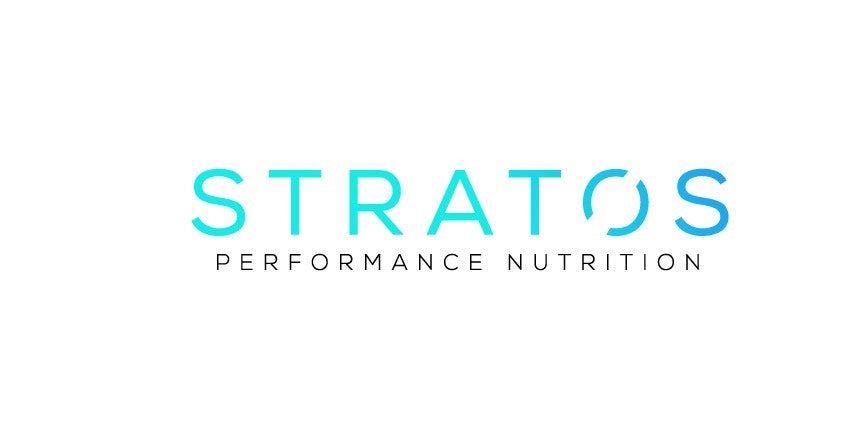
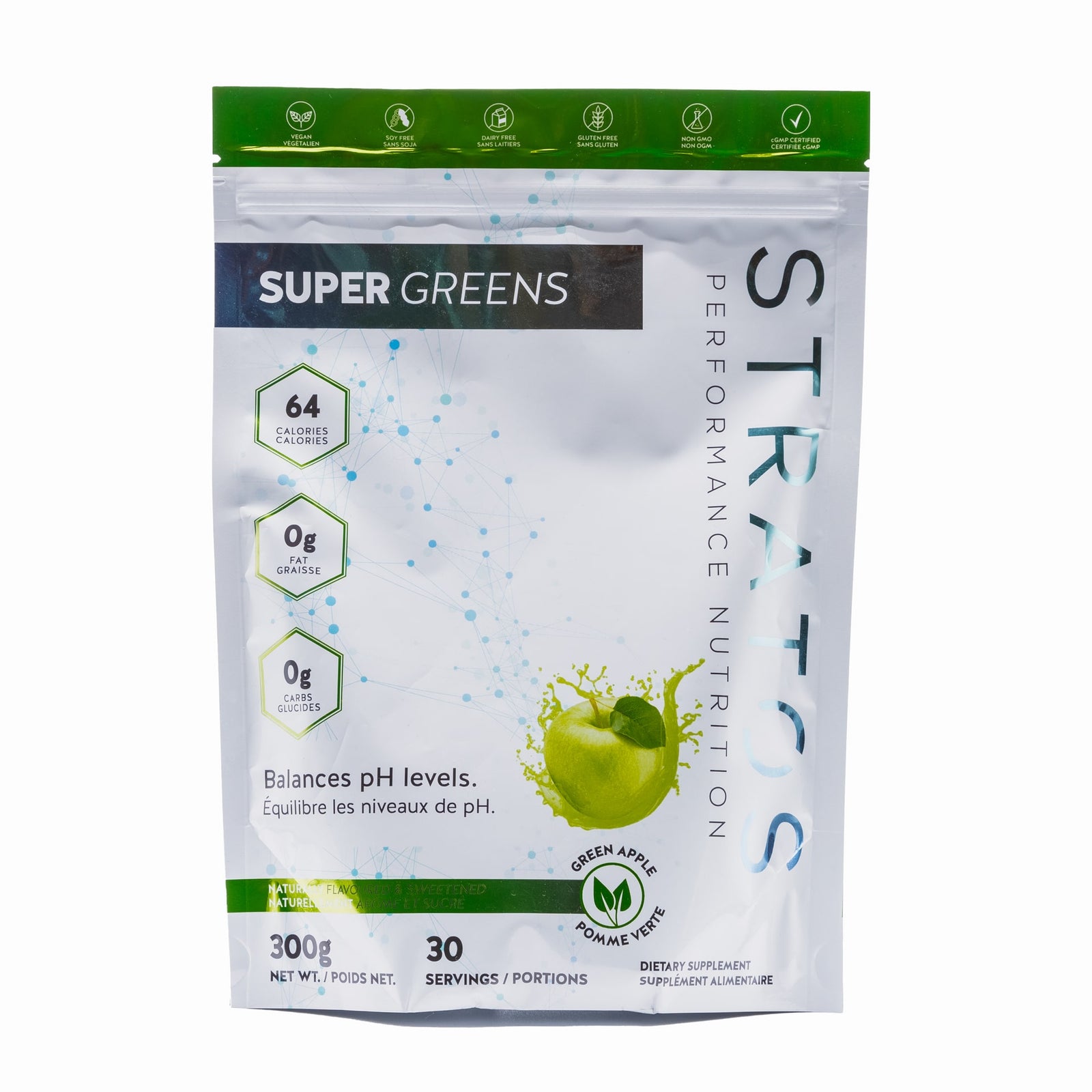
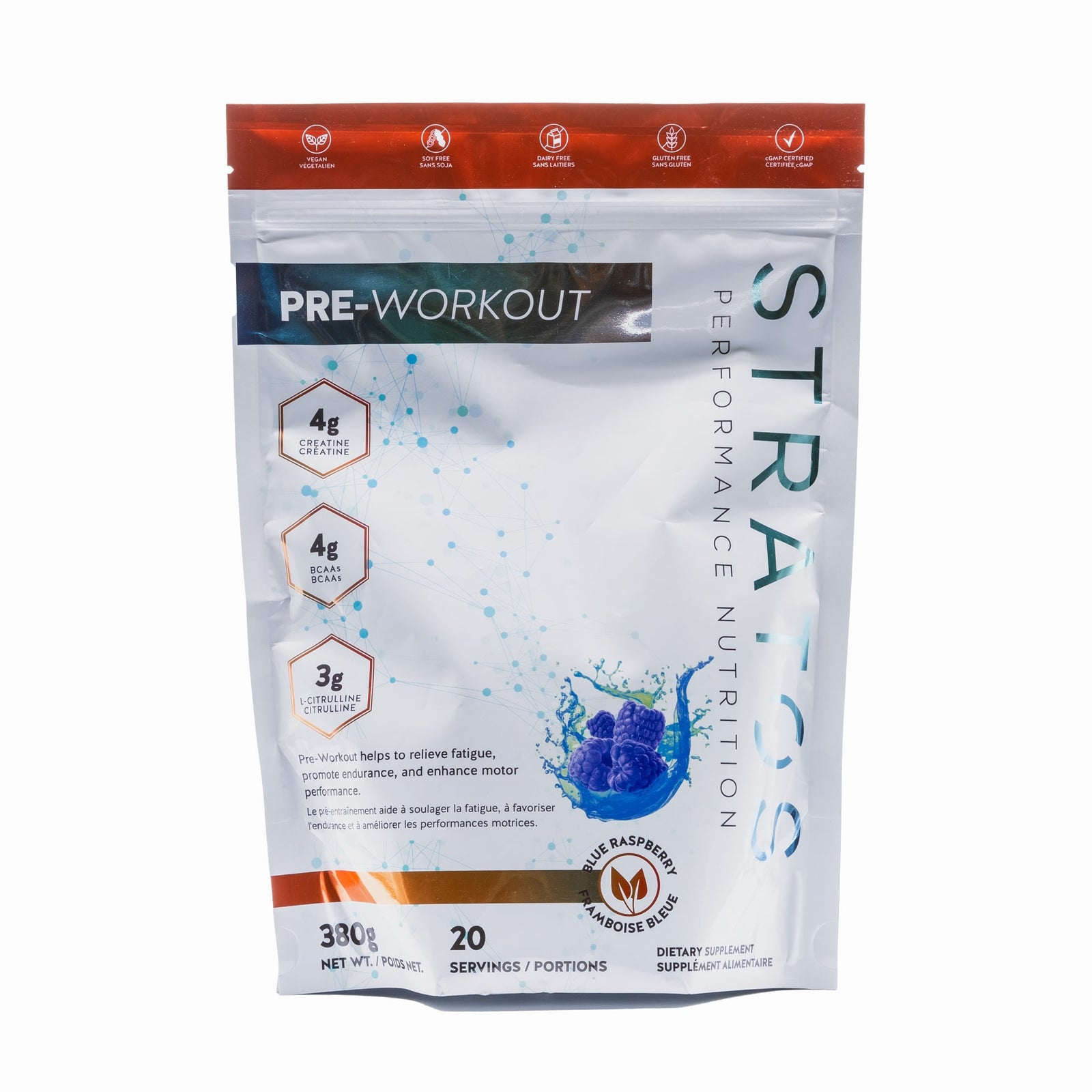
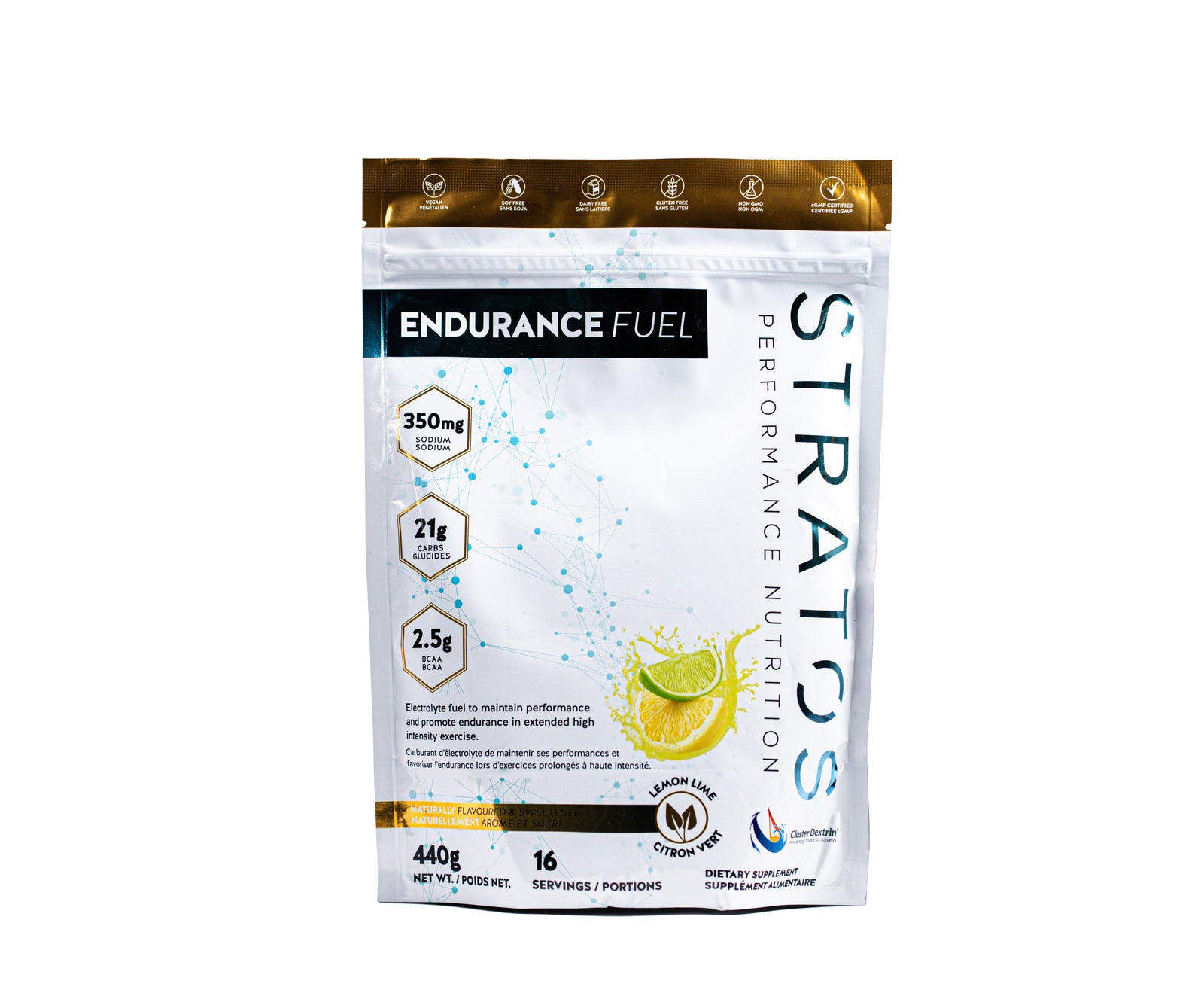
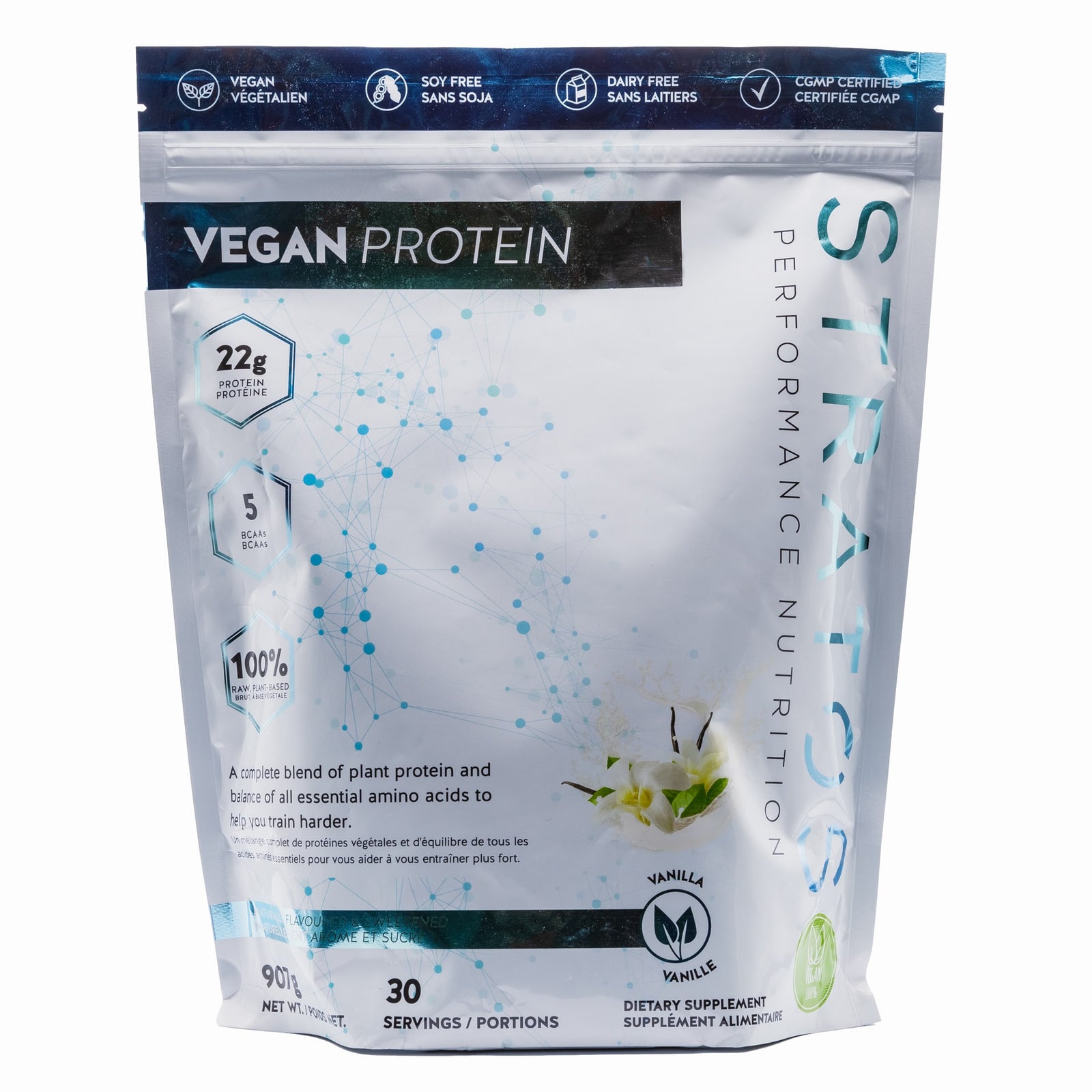


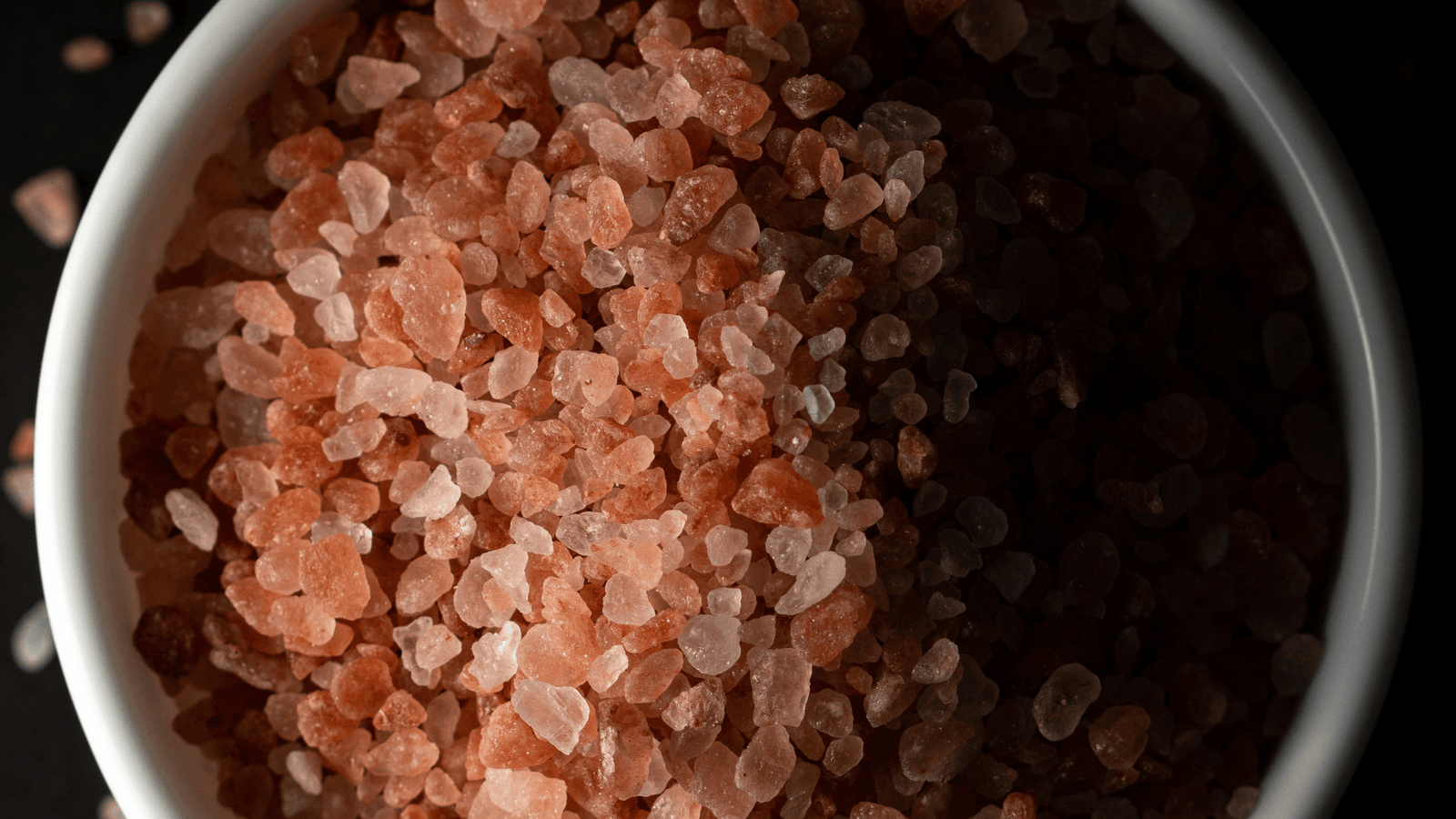

Leave a comment (all fields required)